Home > Politics > At least 58 senators exiting as NASS bra...
At least 58 senators exiting as NASS braces for another high turnover in 2023
By Nnaji | 28 Jun, 2022 07:45:08am | 61
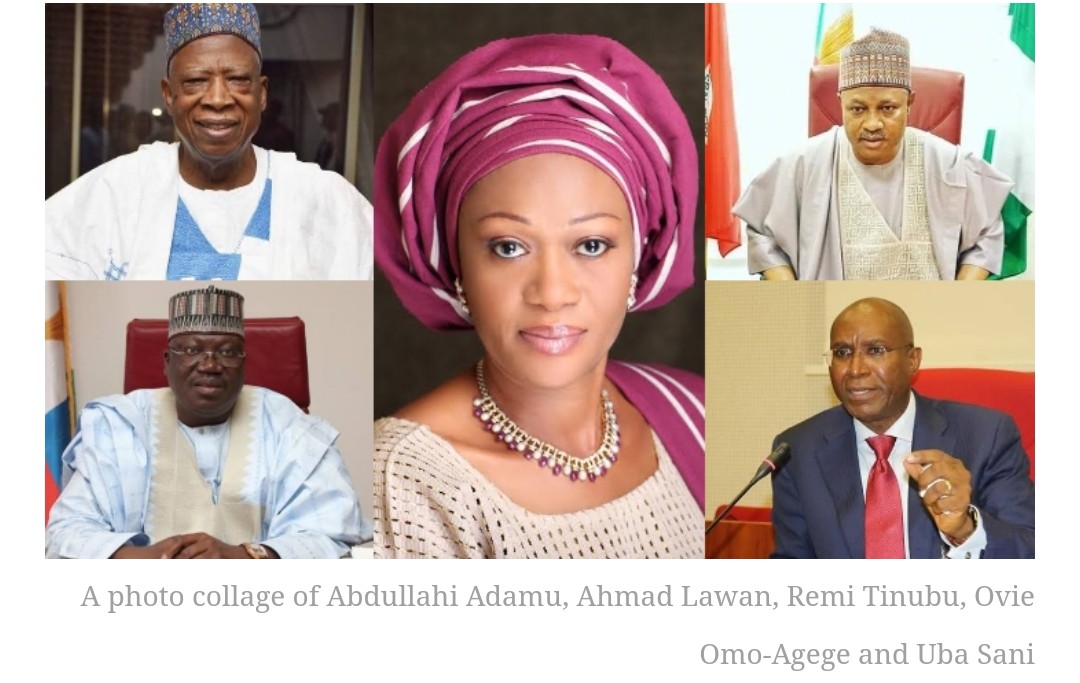
For a variety of reasons, at least 58 senators will not seek reelection to the Senate in 2023 as the Nigerian culture of high turnover rate of lawmakers from every general election continues.
At least 58 senators will not be returning to the Senate after next year’s elections, having failed to secure the nomination of their parties, retired or opted to contest for other offices.
The development continues a trend of high turnover in the Nigerian legislature after each cycle of general elections.
As if they already had a foreboding, some senators decried the phenomenon at the Senate plenary session on April 14, during which the lawmakers sent forth Abdullahi Adamu, who resigned from the Senate following his election as the National Chairman of the All Progressives Congress (APC). The senators had urged him to “help” them and the institution in the ruling party’s primaries.
Mr Adamu, a three-term senator, represented Nasarawa West in the Senate. Prior to that, he was the governor of the state from 1999 to 2007.
In March, he was elected the National Chairman – a position he said he did not expect.
The Senate turned its plenary for that day into a valedictory session for the 75-year-old Mr Adamu.
At the session, which lasted over two hours, over 20 lawmakers took turns to commend and praise Mr Adamu for his contribution to the Senate and the National Assembly in general.
However, of the many contributions made by lawmakers, one stood out. And that is the need to achieve a lower turnover rate of lawmakers in the National Assembly after the 2023 elections.
This point was first made by Edo senator, James Manager, and then echoed by Ali Ndume, who represents Borno South senatorial district.
The duo appealed to the new APC chairman to “protect” senators because “many of them are in danger.”
“You know that the rate of turnover is very worrisome. It is not because the legislators are not performing. We need you, the chairman, to protect the institution and this institution is made up of individuals with a wealth of experience. Nigerians are expecting a lot from the institution,” Mr Ndume said.
Turnover at Nigeria’s legislature
Messrs Manager and Ndume are among many Nigerians who have decried the high rate of turnover in the country’s parliament.
Politicians, political analysts and even academics have, over time, frowned at the rate – a situation, they said, dents the nation’s democracy.
While the roles and responsibilities of a lawmaker are clearly stated in the constitution, the law does not put a limit to the number of years or terms that they can serve. A lawmaker can serve as many terms as possible – as long as they keep winning elections.
At the ninth assembly today, some lawmakers like Senate President Ahmad Lawan, Enugu Senator Ike Ekweremadu and House of Reps member Nicholas Mutu, have served for about 20 years in the parliament.
Similarly, in countries with advanced democracies like the USA, lawmakers serve for as long as 20-30 years.
Lowest retention rate
A 2014 report by the National Institute for Legislative and Democratic Studies (NILDS) described Nigeria as the country with the lowest retention rate of lawmakers in national parliaments globally.
The former Director-General of NILDS, Ladi Hamalai, who authored the report, disclosed that the retention rate in the Senate and House of Representatives between 2003 and 2011, was about 25.9 per cent.
The 2003 elections only saw 35 of the 109 senators re-elected while 27 and 35 were re-elected in 2003 and 2011 respectively. In the House, only 108 of 360 lawmakers were re-elected in 2003 while 110 and 103 lawmakers were re-elected in 2007 and 2011.
Possible reasons/implications
Many have blamed the slow progress of the Legislature on the high turnover rate recorded after each general election.
The argument is that when a ‘new’ lawmaker resumes at the National Assembly, it takes them at least two years to get used to the workings of the parliament. And by the time they eventually get familiar with the system, they get voted out before they can make an impactful contribution to the parliament and their constituents.
Although many would counter this argument by saying the new lawmakers should have an understanding of the workings of the parliament they fought so hard to be part of. This is besides the fact that most of them come from the State Houses of Assembly.
Also, new lawmakers get three to six months of training and induction before they resume work in the parliament.
These are some of the issues the senators considered when they asked Mr Adamu to help protect them and the institution. How the new APC chairman was supposed to address these factors and save members of his party in the National Assembly remained unclear at the time. But for his colleagues to make such a plea, they undoubtedly had trust in his past experience and influential position to do so.
What 2023 holds
Although the current DG, NILDS, Abubakar Sulaiman, is optimistic and ready for a better turnover rate of federal lawmakers at the National Assembly after the 2023 polls, the current situation – after the primaries of all political parties – suggests otherwise.
It also suggests that Mr Adamu, could after all, not do so much to protect his people.
As it stands, at least 58 senators (about half of the total 109 senators) will likely not return in 2023. Many lost out during the primary and a few others, after losing, defected to different parties to secure their tickets. And for the senators still in the race, many might still lose at the polls.
There are some major factors – which are not absent in the current assembly – that would ‘negatively’ affect the turnover rate of lawmakers after the polls.
Discord between some lawmakers and their state governors
With state governors maintaining a stranglehold on their political parties in their states, many lawmakers (both state and federal) are often at the mercy of the former. These governors could, at any time, select or mobilise support for a candidate to unseat a lawmaker they disagree with – as was evident in the build-up to the primaries.
Political analysts believe it was one of the reasons federal lawmakers wanted to make provision for just a direct mode of primary elections in the recently signed electoral law, even though both parties denied it.
Senators like Abdullahi Yahaya, the former Senate leader, Adamu Aliero, Babba Kaita, and a few others recently defected from the All Progressives Congress (APC) to the Peoples Democratic Party (PDP). And a major reason they gave for their defections is the absence of internal democracy in the party at their state levels and the constant interference of the state governors, thereby frustrating the efforts of party members.
Another factor is federal lawmakers vying for other positions like governorship and presidential offices as well as state governors looking to settle at the National Assembly.
The norm, as has been evident in the history of Nigeria’s legislature, is for governors who have served their term(s) in their states, to “retire” to the Senate. This is apparent in the about 15 past governors in the ninth Senate.
It is, however, not uncommon to see federal lawmakers eyeing executive offices too.
In the Senate, while some lawmakers joined the presidential and governorship races and won, others lost their tickets and have no means of returning to the upper chamber.
Presidential aspirants who are not returning
The Senate President, Ahmad Lawan is one of the longest-serving lawmakers, having served as a member of the House of Representatives between 1999 and 2007 before transitioning to the Senate.
He contested alongside 13 other aspirants in the APC presidential primary. He however lost to Bola Tinubu.
Although the Yobe senator purchased a senatorial form as a plan B, he is currently in a dilemma with Bashir Machina, the Yobe North senatorial aspirant who won the primary in the state and has refused to step down for Mr Lawan.
This paper gathered that the senate president tried different means to convince Mr Machina to step down, including involving the APC chairman, Adamu, to no avail.
In the candidates’ list released by the electoral umpire, INEC, Mr Lawan’s name was missing. As it stands, he is not returning to the Senate.
Others are Ibikunle Amosun (Ogun Central), Ajayi Boroffice (Ondo North) and Rochas Okorocha (Imo West) who also contested and lost in the APC presidential primary. They will not return to the Senate.
Governorship hopefuls
Other senators like Deputy Senate President Ovie Omo-Agege, Taraba senator Emmanuel Bwacha and Kaduna senator Uba Sani have secured the APC governorship tickets in their states and will not return to the Senate.
Also in the governorship races are Aishatu Dahiru of Adamawa State, Teslim Folarin of Oyo State and Sandy Onor (Cross River Central).
Mr Omo-Agege is looking to take over from the Delta State Governor, Ifeanyi Okowa, who is currently the PDP vice presidential candidate.
Uba Sani is the anointed candidate of Governor Nasir El-Rufai to succeed him, which gives him a good chance of emerging victorious in the governorship primary and main election.
And then there are governors who are eyeing the Senate and may likely displace current senators.
Enugu Governor Ifeanyi Ugwanyi comes to mind. He seeks to replace Chukwuka Utazi who had already agreed to not seek re-election so as to let the former have his way.
Ikezie Ikpeazu of Abia State and Abubakar Bello of Niger State and Samuel Ortom of Benue State have all secured senatorial tickets as well.
Power rotation
Another major factor that could affect the turnover rate is the rotation principle within a senatorial district or constituency.
Some parties and states seem to have an unwritten rule to rotate federal (and state) legislative seats within the various local governments in the zone.
There is also a high chance of some senators being displaced from their positions because of the local zoning arrangement.
The arrangements demand that other areas in their constituencies produce the next lawmakers, governor and deputy.
It is worthy of note that state governors play a huge role in deciding the local government to produce a candidate as well as the candidate themselves.
Should this rotation principle persist, it will definitely tell on the turnover rate after each poll.
Voluntary retirement
Three other senators who will definitely not return to the Senate are Nora Daduut of Plateau South, Theodore Orji of Abia Central and Oluremi Tinubu of Lagos Central.
Ms Daduut who is barely three years in the Senate, recently announced that she will not seek re-election. This, she said, was to allow for other aspirants to get a shot at the seat in the Senate.
She was sworn into the eighth Senate after the death of late senator Ignatius Longjan.
On his part, Mr Orji, a former governor of Abia State, had promised to “retire from politics” come 2023.
The 78-year-old said his decision was made to pave the way for a younger person to take over.
While Mrs Tinubu is believed not to have obtained the senatorial form in order to support her husband, Bola Tinubu, in his presidential race.
Already, Mr Adamu’s exit from the Senate has created a vacant seat in the upper chamber that will later be occupied, possibly by a newbie.
Other senators not returning
Many other senators who will not return include Dimka Hezekiah (Plateau Central), Gyang Istifanus (Plateau North), Smart Adeyemi (Kogi West), Yakubu Oseni (Kogi Central), Sabi Abdullahi (Niger North), Godiya Akwashiki (Nasarawa North), Ibrahim Oloriegbe (Kwara Central), Orker-Jev Emmanuel (Benue North West), Yusuf Yusuf (Taraba Central) and Amos Bulus (Gombe South).
Others are Ayo Akinyelure (Ondo Central), Nicholas Tofowomo (Ondo South), Tolu Odebiyi (Ogun West), Matthew Urhoghide (Edo South), Gershom Bassey (Cross River South), James Manager (Delta South), George Sekibo (Rivers East) Betty Apiafi (Rivers West), Albert Bassey (Akwa Ibom North East) and Chris Ekpenyong (Akwa Ibom North West).
Others include Rochas Okorocha (Imo West) Hadejia Ibrahim (Jigawa North East), Sankara Abubakar (Jigawa North West), Mohammed Nakudu (Jigawa South West), Bello Mandiya (Katsina South), Barkiya Kabir (Katsina Central), Lawali Anka (Zamfara West), Danjumah La’ah (Kaduna South), Moses Cleopas (Bayelsa Central), Mohammed Bulkachuwa (Bauchi North) and Chukwuka Utazi (Enugu North) will not return to the Senate.
About seven senators defected to other parties to clinch their tickets having lost in their previous parties.
They include Adamu Aliero, Babba Kaita, and Francis Alimikhena who left APC for PDP, Enyinnaya Abaribe who left PDP for APGA, Francis Onyewuchi who left PDP for Labour Party, and Ibrahim Shekarau and Lawal Gumau who left the APC for NNPP. They all secured the senatorial tickets of their new parties.
Already the seats of Messrs Adamu, Abubakar Kyari and Mohammed Hassan have been vacant after they were appointed APC national chairman, deputy national chairman, and Zamfara State deputy governor respectively.
While the turnover rate of lawmakers is largely dependent on the legitimacy of an election, ‘peace’ between lawmakers and their state governors and the absence of the rotation principle, many would argue that serving lawmakers who have underperformed, should be kicked out. But the ‘new’ lawmakers should have a working knowledge of the parliament even before seeking election – so as not to cripple the progress of the legislature in the name of “finding their way around.”
(PREMIUM TIMES)

Leave a Reply
Your email address will not be published. Required fields are marked *
Category
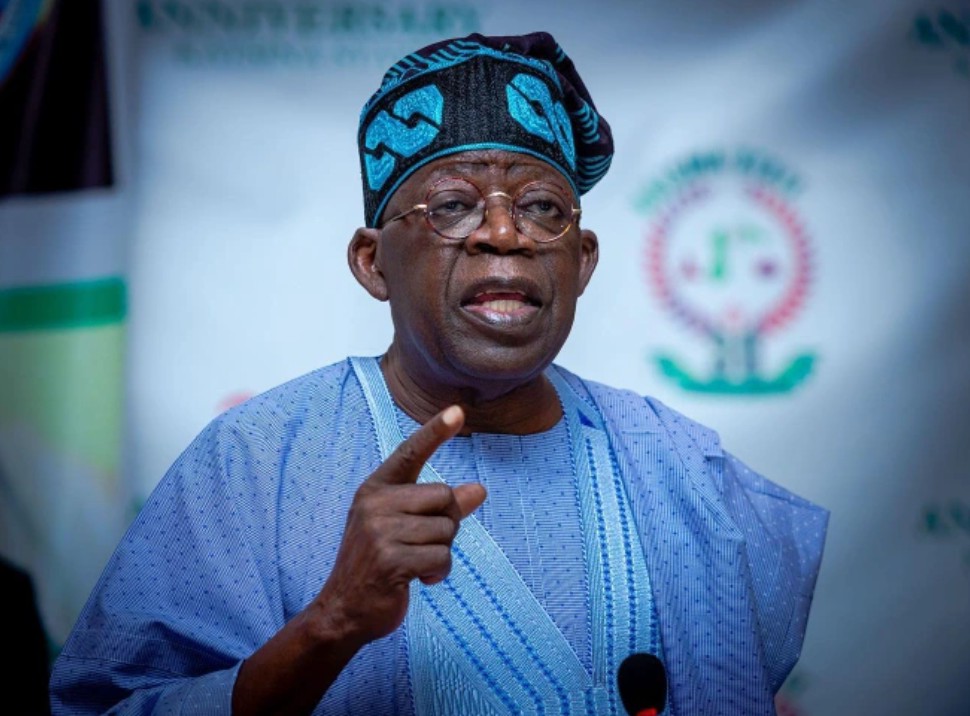 Politics
Politics Business & Economy
Business & Economy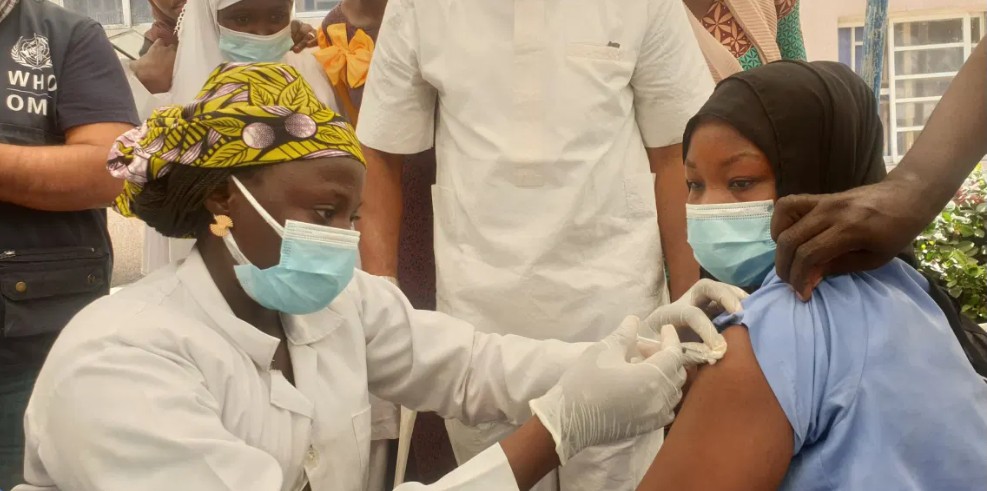 Entertainment
Entertainment.jpeg) Interviews
Interviews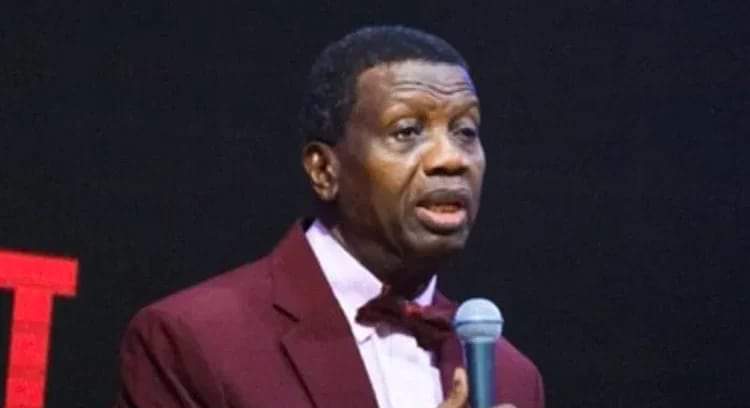 Religion
Religion 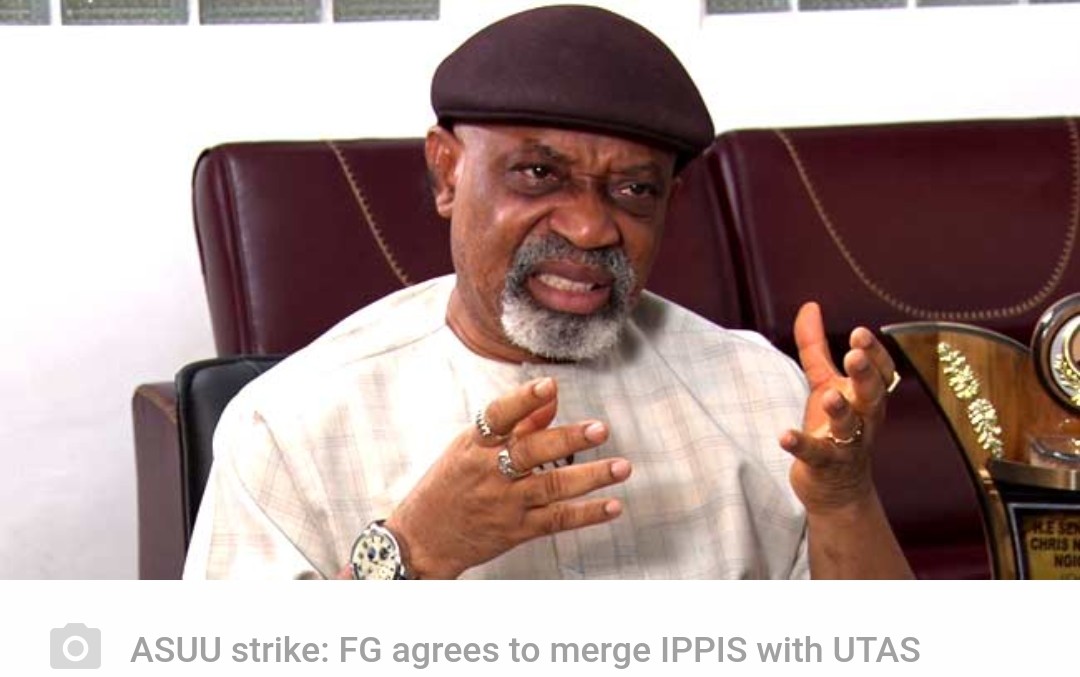 News
News Crime & Security
Crime & Security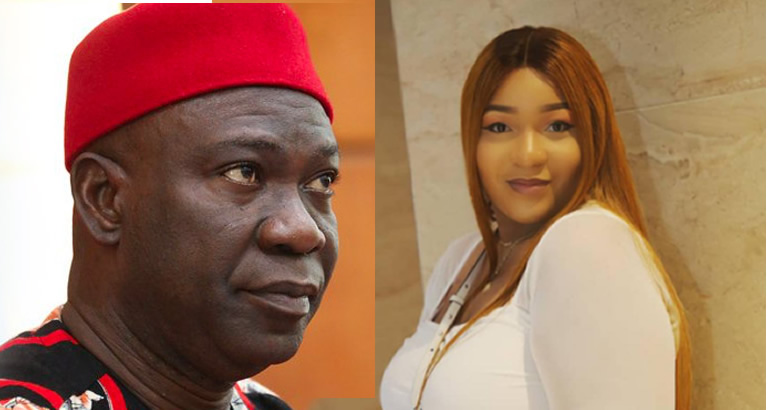 Health
Health Opinion
Opinion Sports
Sports 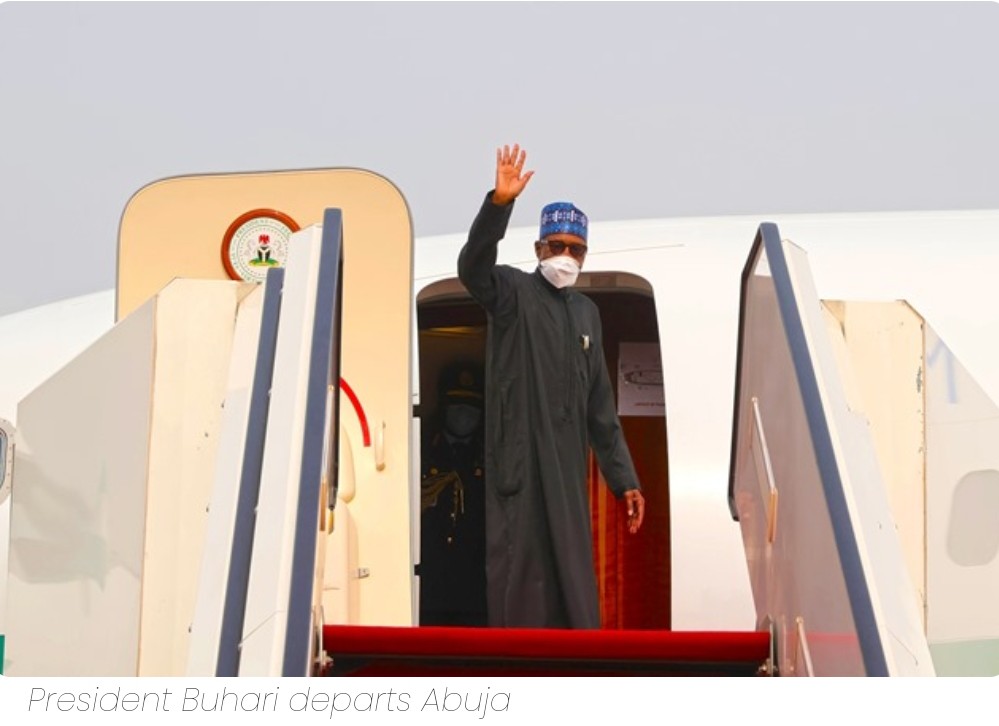 Culture & Tourism
Culture & Tourism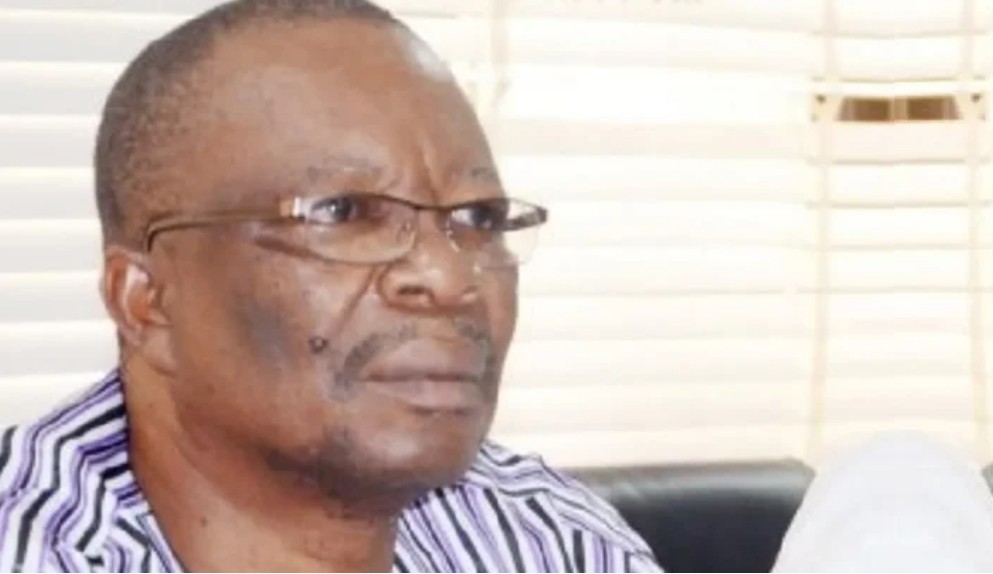 Education
Education  Technology
Technology